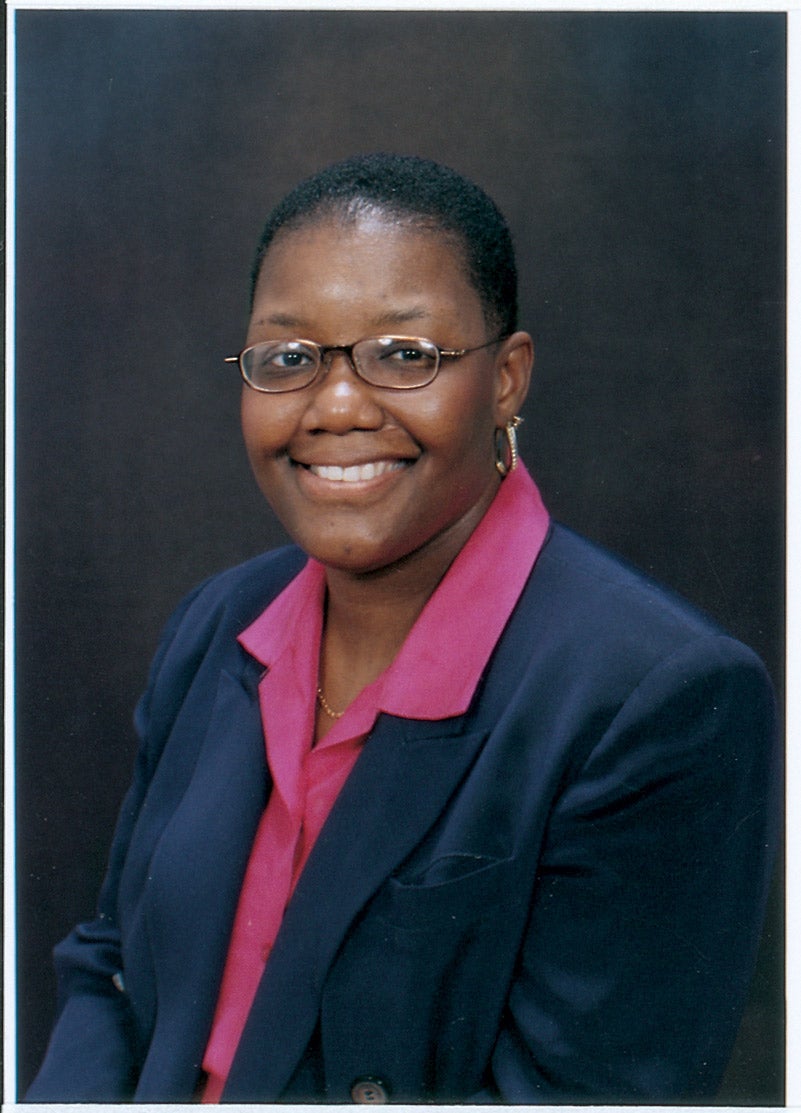It wasn’t long before newly elected Judge Karen Freeman-Wilson ’85 began to know the defendants by their first names–they just kept coming back to her Gary, Ind., courtroom. The charges varied, but an underlying addiction was the constant (close to 80 percent of nonviolent offenders have a drug or alcohol problem, she says). At the same time, she was hearing about an alternative to this revolving door: drug courts that were offering treatment in exchange for accountability.
Ten years later, after serving as a drug court judge herself, Freeman-Wilson is now president and CEO of the National Association of Drug Court Professionals (NADCP), a membership organization that provides advocacy, training, and research. Since the first drug court was established in 1989 by then Dade County, Fla., state attorney Janet Reno ’63, the treatment model has grown into a movement with about 700 drug courts (including family and juvenile courts) in 48 states, with close to another 500 in the planning stages. They’ve received support from both the Clinton and Bush administrations, including $1 million every year for the National Drug Court Institute, the research and training arm of the organization.
In states that evaluate the program, according to Freeman-Wilson, the recidivism rate of drug court participants is not higher than 30 percent (in traditional court systems, she says, the recidivism rate is 60 to 80 percent). The challenge is to get more people to use drug courts and support them. Despite their increasing popularity, she says, they are now reaching less than 10 percent of those eligible: drug users who commit nonviolent crimes (drug dealers are not eligible). She notes that African-American and other minority offenders eligible for drug court may be less inclined to participate, in part because of a distrust of the criminal justice system. She wants to change that.
Reaching nonviolent offenders early is also one of the program’s goals. In many instances, even prior to entering a plea, the defendant can enter a drug court program, and if it is completed successfully, the charges are never brought.
As president of the NADCP, Freeman-Wilson wants to educate elected officials and the general public about what drug court can do “for their loved ones who suffer from addiction” but also to make society safer for everyone. She hopes this kind of public awareness will gain state and local funding.
Previously executive director of the state’s Civil Rights Commission, Freeman-Wilson was appointed by the governor to serve as Indiana attorney general in 2000. During her time in office (she lost the election later that year), she was active in school and community efforts to prevent drug abuse. She is adamantly opposed to the legalization of drugs, including marijuana, which she sees as “a gateway drug,” especially for teenagers.
Freeman-Wilson, who served for years as a prosecutor as well as a public defender, says drug court is not soft on crime. Participants have told her that it is tougher than any jail time they’ve ever done, she says. In drug court there’s goal setting and accountability. In jail there’s just sitting around.
